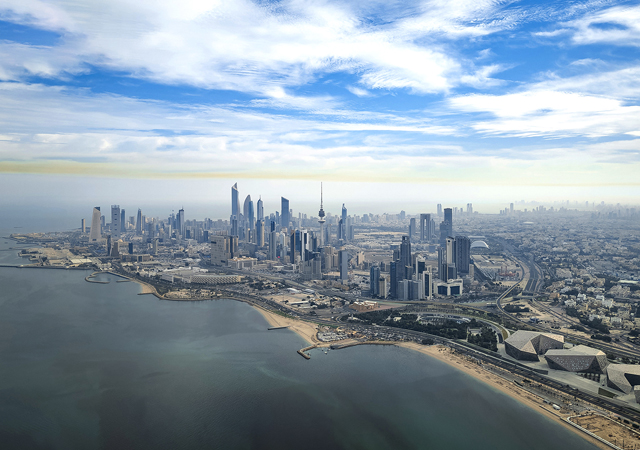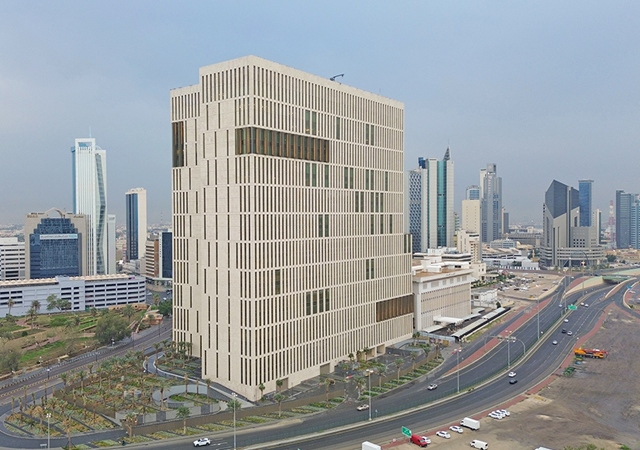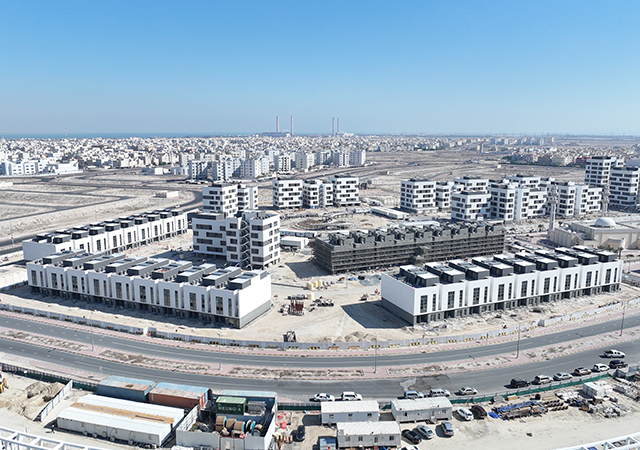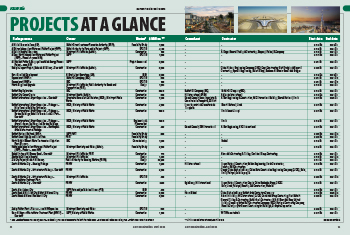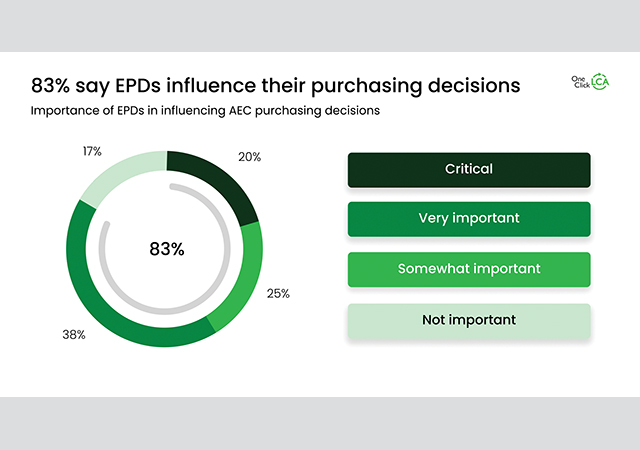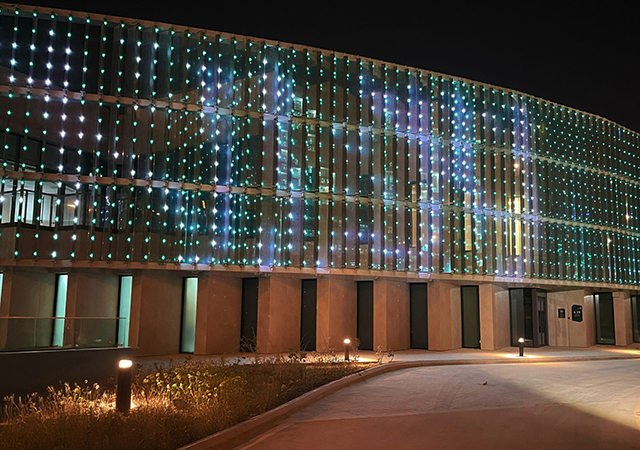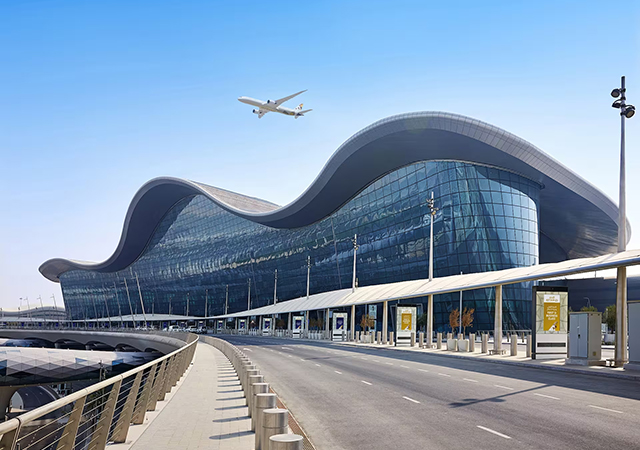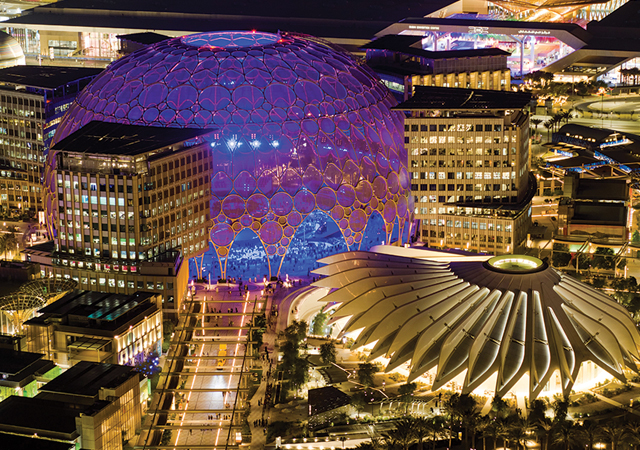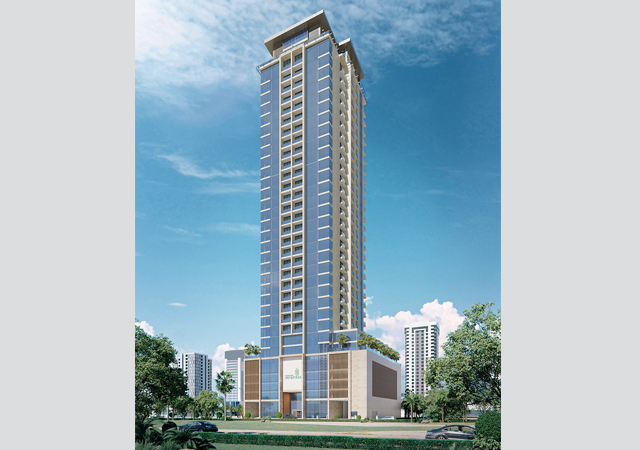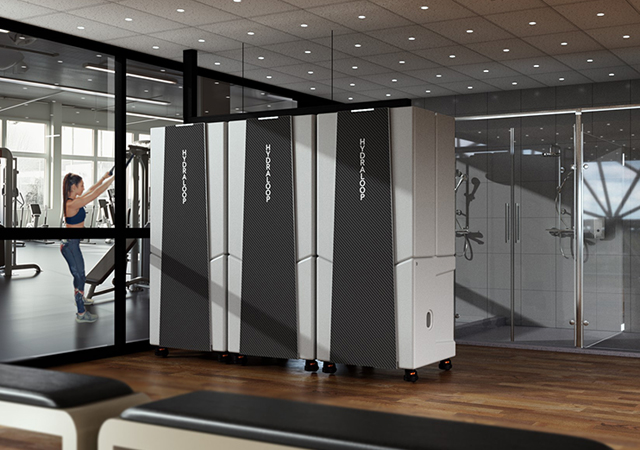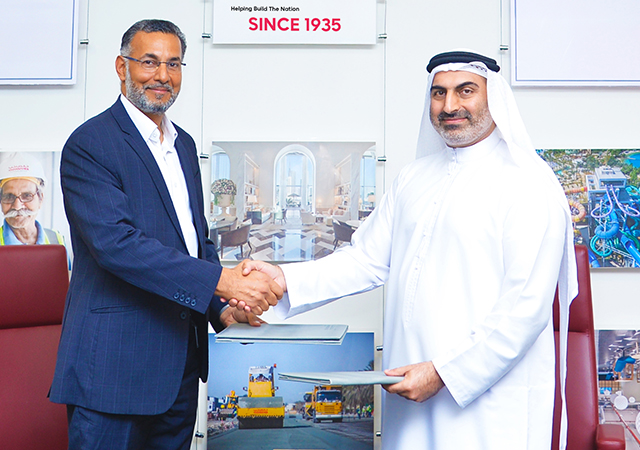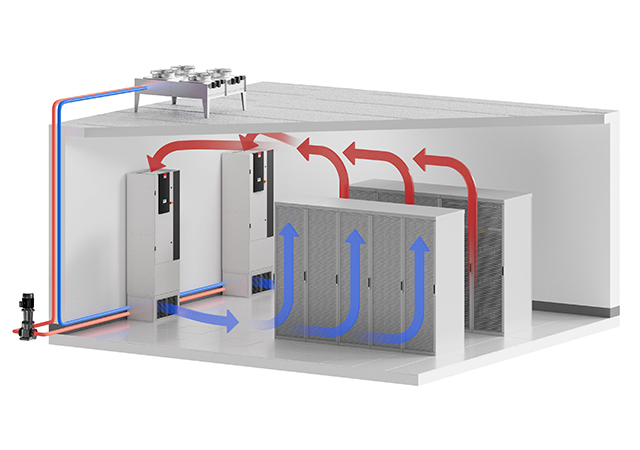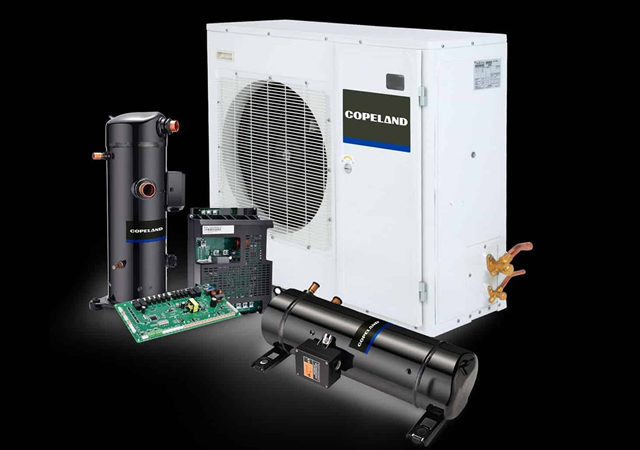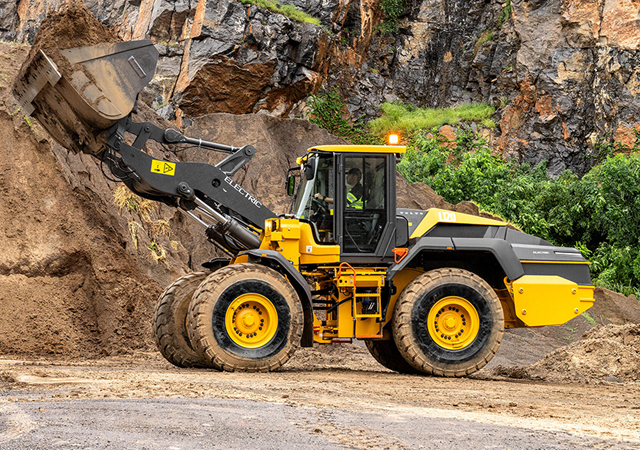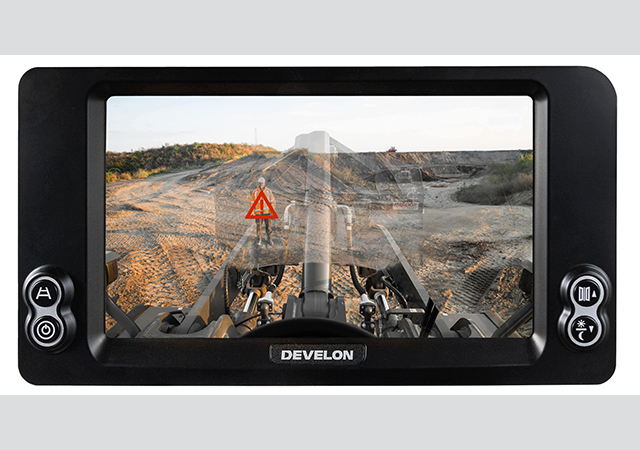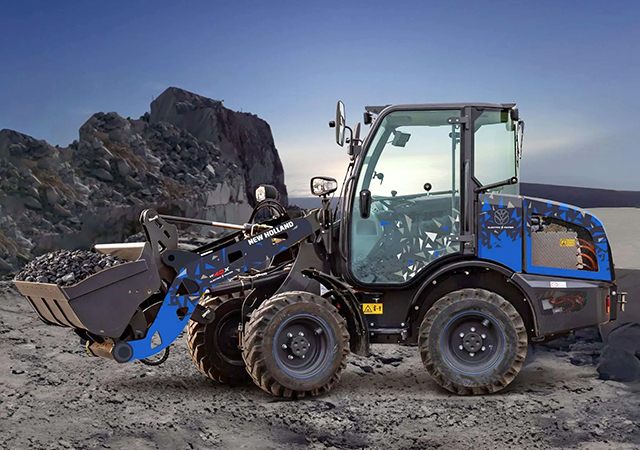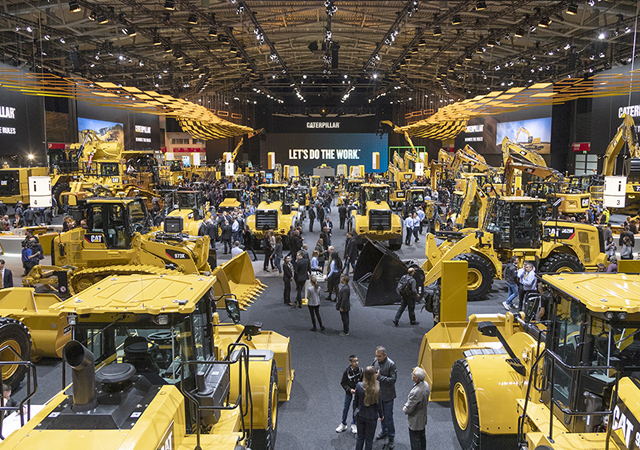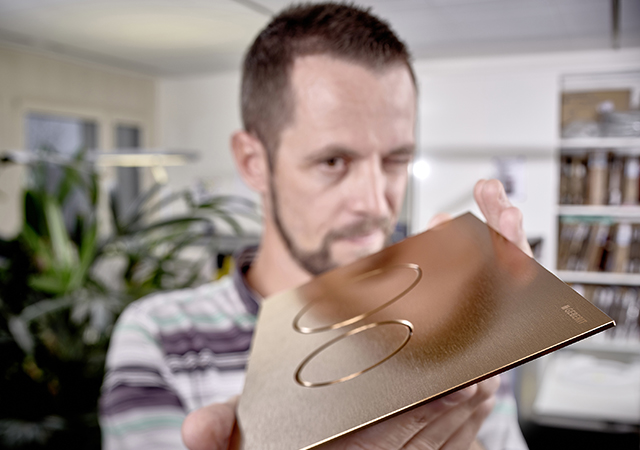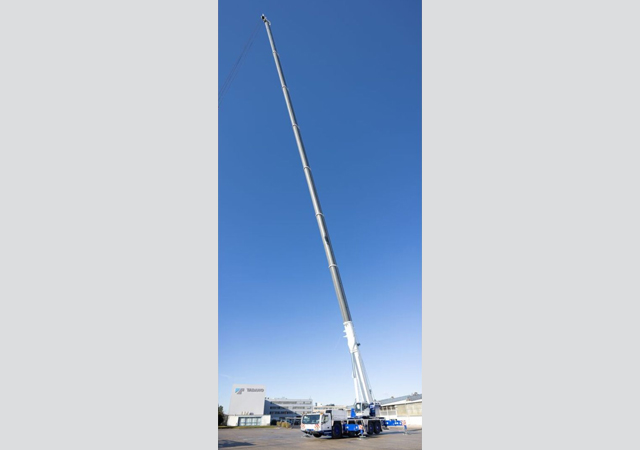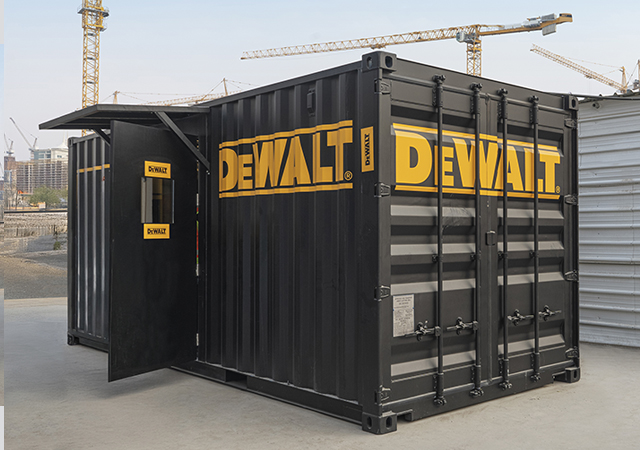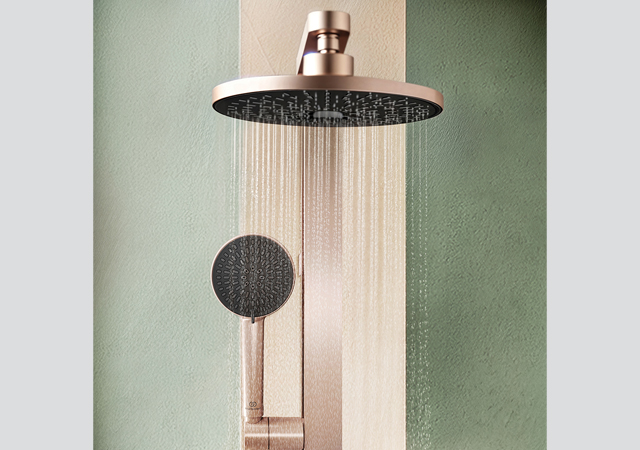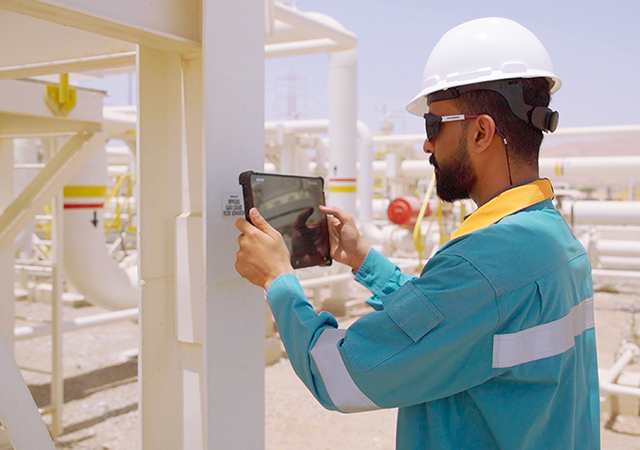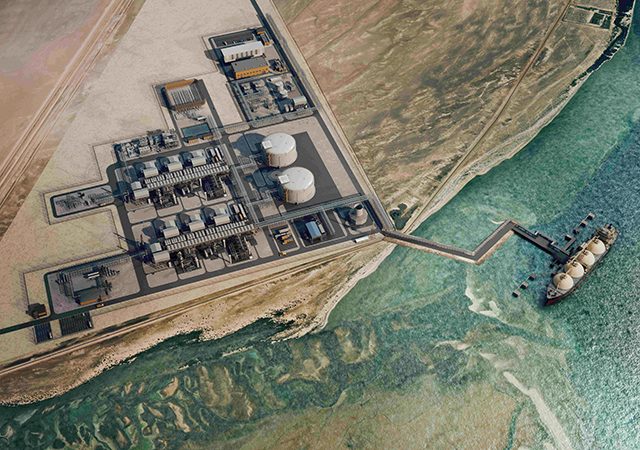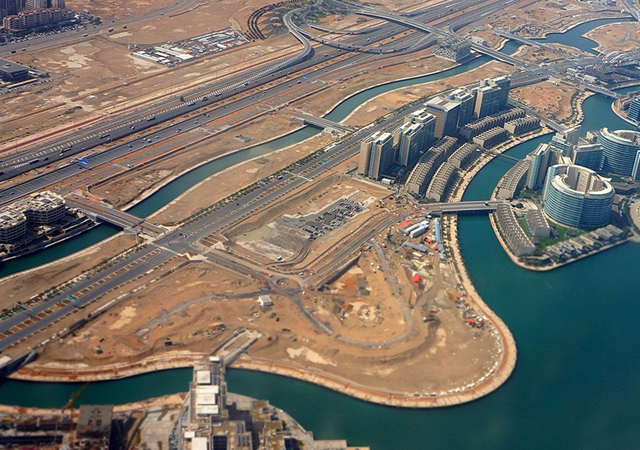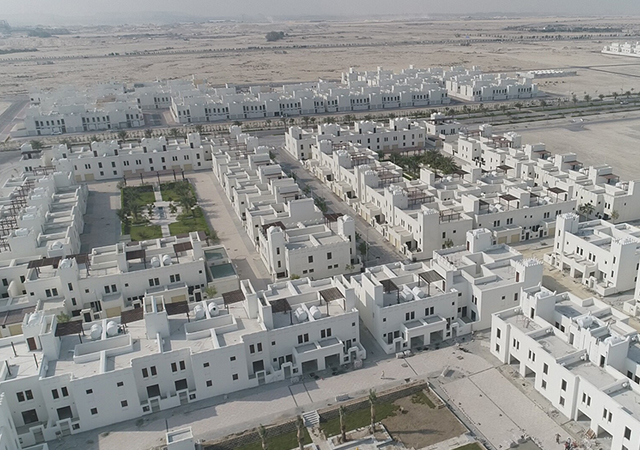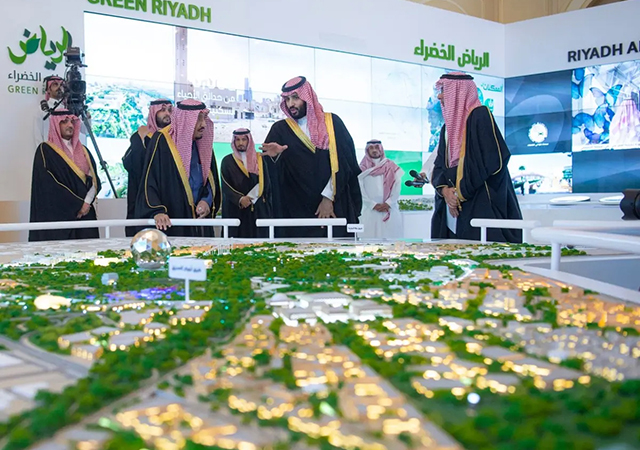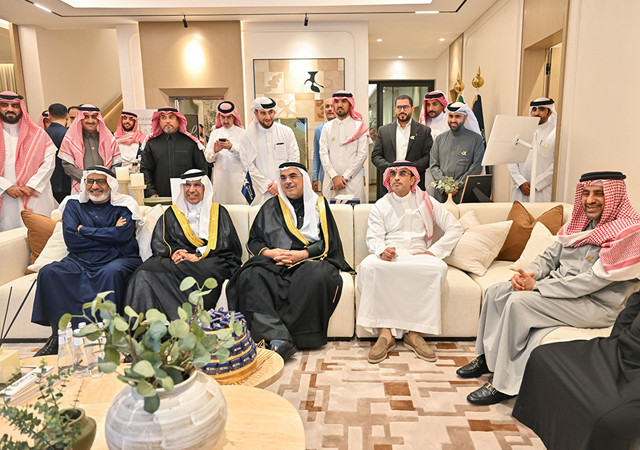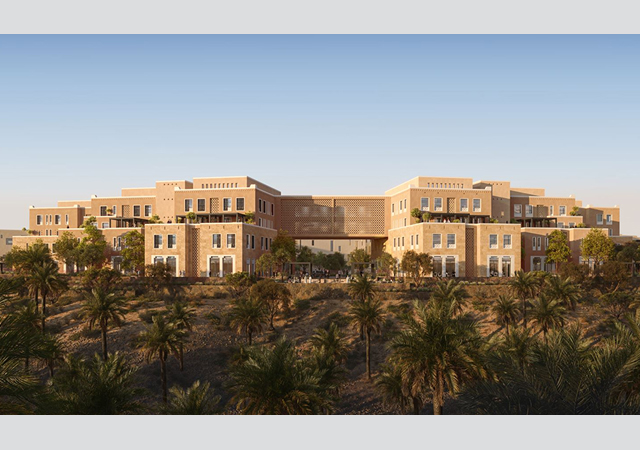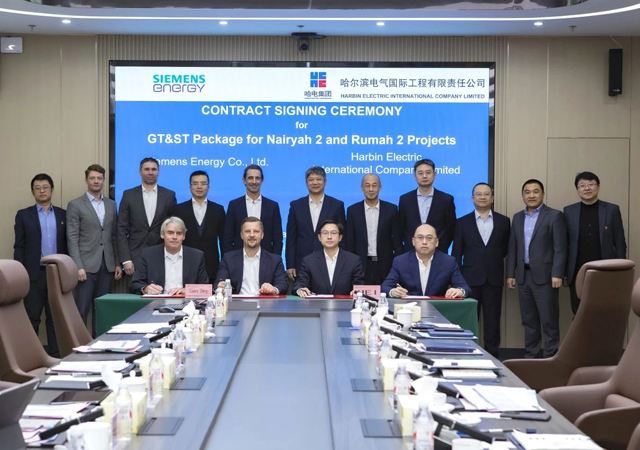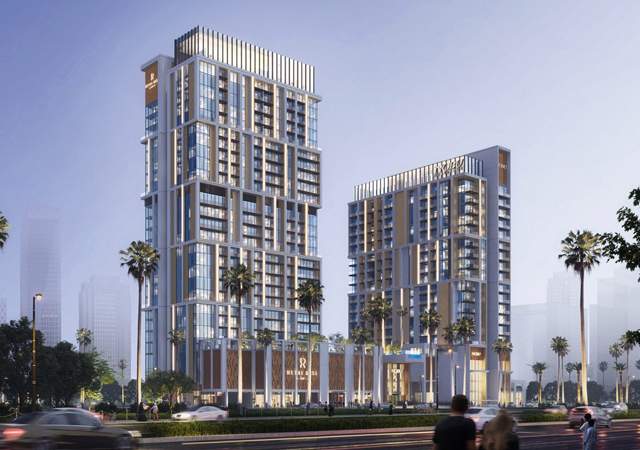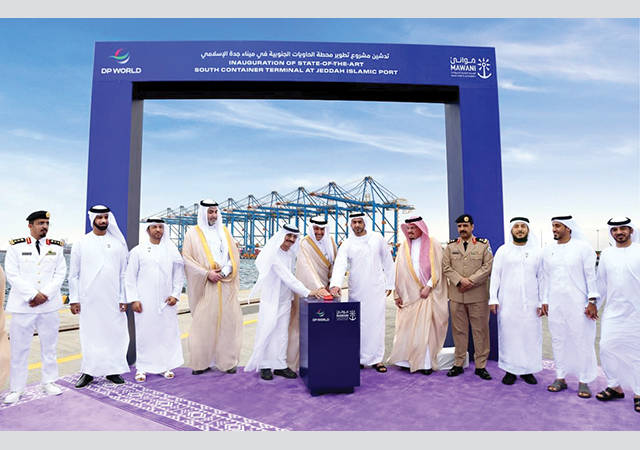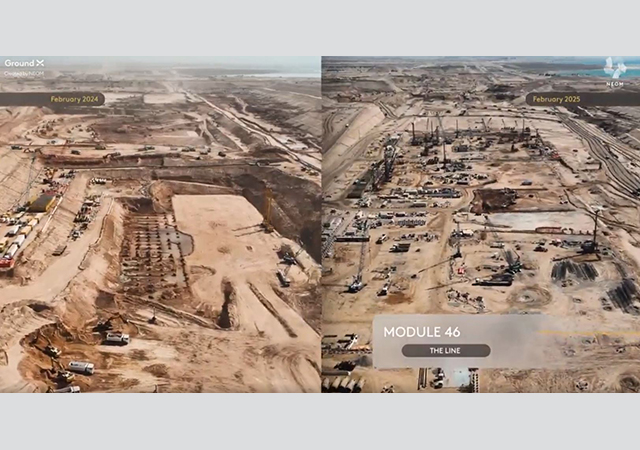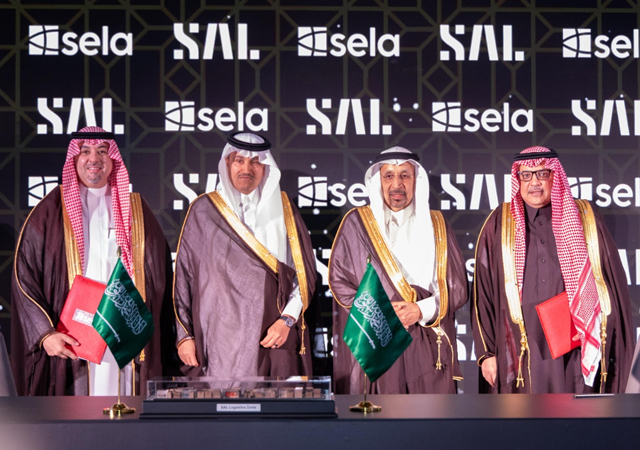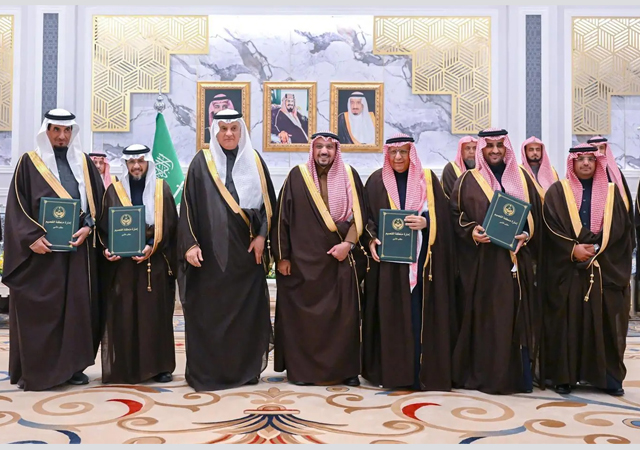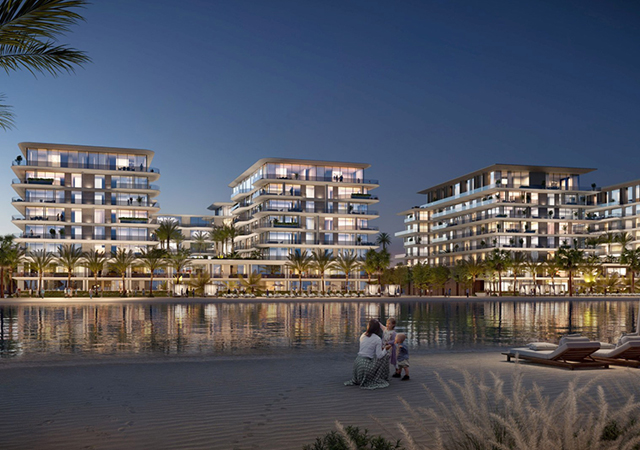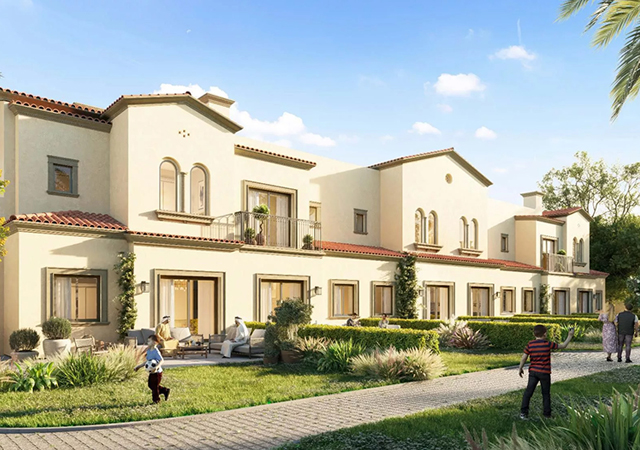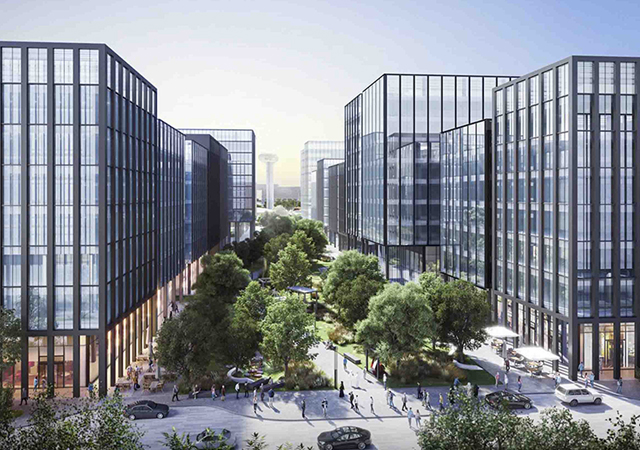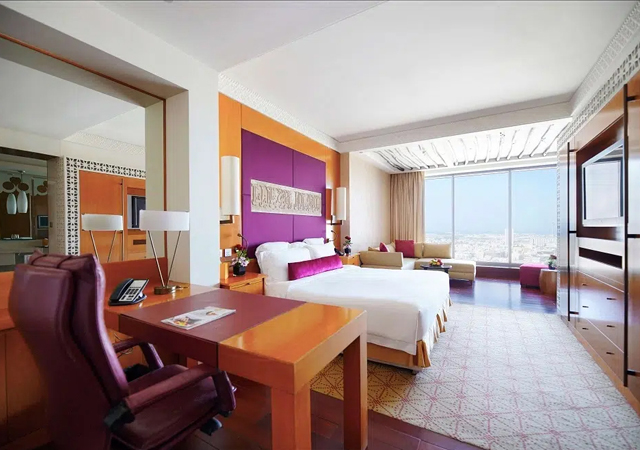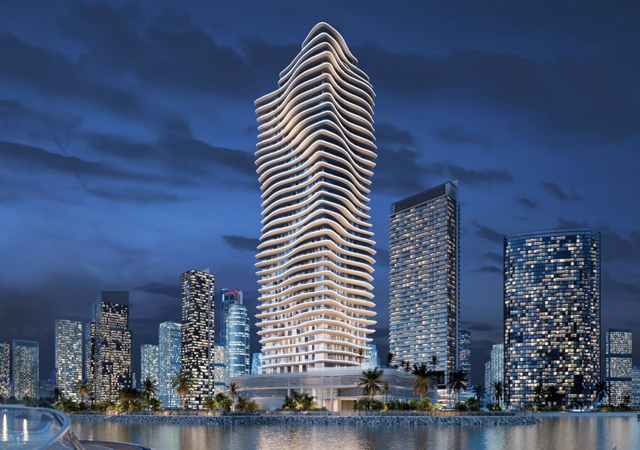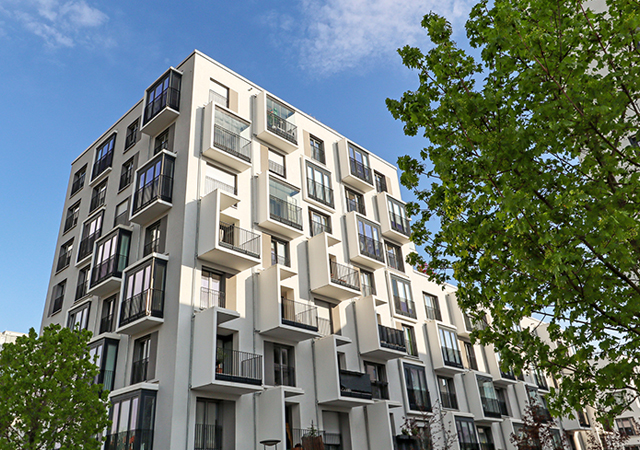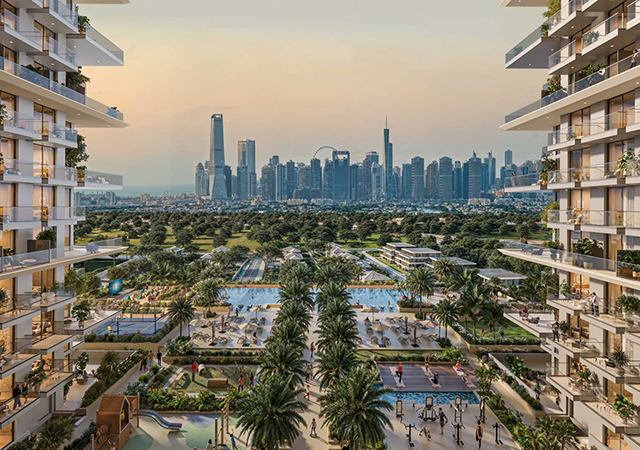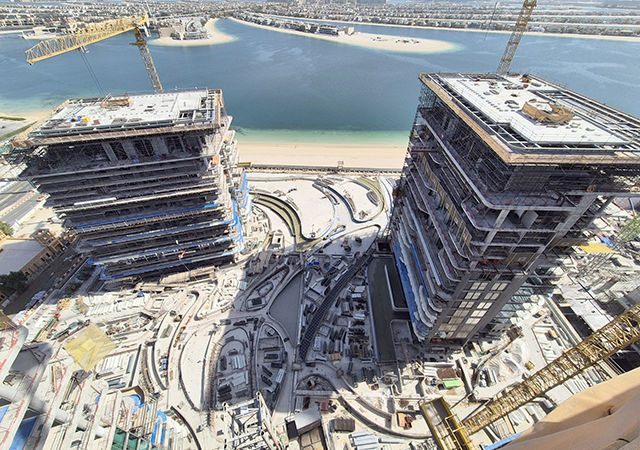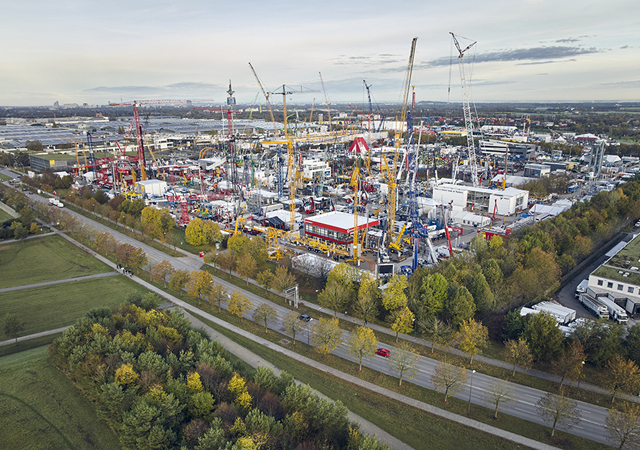
GERMANY-based Wacker Group put the spotlight on its sustainable polymeric building materials and solutions for the coatings, construction and adhesives sectors at this year’s Middle East Coatings Show (MECS) in Dubai last month.
Showcased under the theme ‘Inspired by Excellence’, the products ranged from solvent-free silicone resins, through silicone resin emulsions for heat-resistant or water-based coatings, to environment-friendly dispersions for low-odour interior paints.
The highlight of its display was its innovative Vinnapas range, which comprises dispersible polymer powders, dispersions and solid resins based on vinyl acetate/ethylene (VAE) copolymers and terpolymers used in a variety of modern construction and coating applications.
Three products in the Vinnapas range that were promoted include:
• Vinnapas VAE dispersions, which are described as being ideal for the formulation of odourless, environment-friendly, decorative paints. They are free of plasticisers and solvents and are extremely low in formaldehyde and volatile organic compounds (VOCs);
• Vinnapas dispersible polymer powders, which are suitable for modern construction and coating applications, such as sealing slurries for sewers, pipes and basements, and as an additive for energy-efficient EIFS (exterior insulation and finishing system). These powders enhance the processability, adhesive properties, flexibility and flexural strength, and weather resistance of the end products. Vinnapas polymer powders are free from plasticisers or film-forming aids and, therefore, have low emission levels; and
• Vinnapas solid resins, which are polyvinyl acetates for coatings and adhesives applications. Due to their excellent adhesion to various substrates, such as wood, cardboard and metal, these solid resins are the binders preferred by manufacturers of solvent-based adhesives.
Apart from the Vinnapas range, Wacker also displayed its Silres, Vinnol (a range of copolymers and terpolymers based on vinyl chloride and vinyl acetate), and HDK pyrogenic silicas.
Part of the Silres range is Silres IC 232, an alkoxy silicone resin intermediate, which gives organic binders outstanding resistance to heat and weathering. Notable for its high reactivity, it is used in the production of siliconised polyester, alkyd, epoxy and acrylic resins.
Also part of this range is the new Silres HP product line, which combines the usual advantages of silicone resins, such as excellent weathering resistance, with the ability to cure at room temperature as a two-component system. Coating systems modified with Silres HP are resistant to solvents. They are also more resistant to, and better protected from, aggressive UV (ultraviolet) radiation, corrosion and chemicals. These systems are mostly used for such applications as bridges and industrial plant parts, which have to endure heat, intense sunlight and moisture.
Meanwhile, the Silres BS silicone resin emulsion paints rank among the most advanced facade coating systems. “The reason for their huge success is the good marriage between the outstanding properties of mineral and synthetic-resin-bound paints. These properties include excellent water-vapour permeability, extremely low water absorption and exceptional durability. Silres BS products are innovative, environmentally-compatible ingredients for the production of water-repellent masonry coatings, and construction chemicals and materials, such as concrete, gypsum plasterboards and insulation materials,” says the spokesman.
Vinnol surface-coating resins integrate functional groups, which make for specific properties, such as excellent adhesion to metal and plastic, outstanding pigment wetting and curability. Vinnol resins are primarily used in solvent-based coatings, plastic coatings, wood varnishes and adhesives for fittings, among other applications.
HDK is described as being are ideal for imparting thixotropy, for reinforcing coating materials, adhesives and sealants, for controlling powder flow and for many other applications. In the formulation of low-solvent coatings (high solids), and of solventless and water-based systems, HDK permits reliable control over coating thickness and levelling. It also improves the systems’ storage stability by effectively preventing pigment and filler sedimentation. In clear coats, HDK ensures high transparency.


